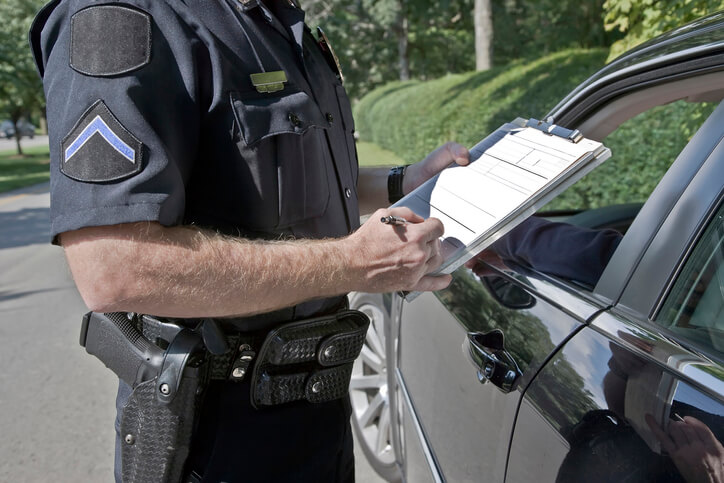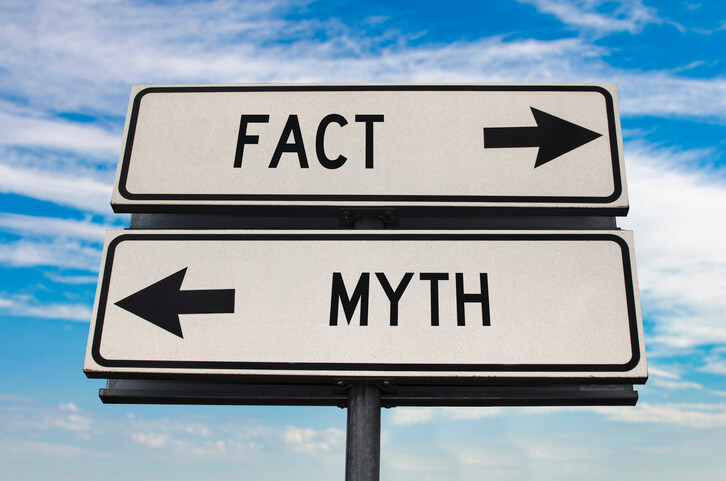Most drivers are aware of the consequences of getting a traffic ticket – fines, demerit points, and the hassle of dealing with the entire process. But there are also numerous misconceptions out there about driving infractions that, if followed, may land you in even more trouble. To help you out, this essay will delve into six traffic ticket myths, debunking them so you can steer clear of traffic trouble.
Demystifying Some Common Traffic Myths
- Myth: A police officer can’t give you a ticket if they don’t pull you over
This is untrue. In some states, it is legal for officers to take down license plate numbers from their patrol cars and then mail tickets to the registered address connected to the plate. This tactic is most commonly used for moving violations, such as running a stop sign or speeding. - Myth: The officer always has to be present at the trial
This misconception is also false. It’s true that if you decide to contest a traffic ticket, the officer who issued the ticket may need to be present to testify. But there are a variety of ways to contest a ticket without involving the officer, such as through an online traffic school or an online statement. - Myth: If the officer doesn’t show up at trial, the ticket will be dismissed
It is not necessarily a guarantee that a ticket will be automatically dismissed if the officer fails to appear. The court may still review the evidence and render a decision based on the facts at hand. - Myth: A minor ticket does not affect your insurance rates
Unfortunately, this is untrue. In most cases, your insurance company will be notified immediately after you receive a minor ticket. Your insurance premiums will likely be raised depending on the severity of the ticket. - Myth: It’s OK to ignore a ticket if you know you’re guilty
This is a dangerous myth. Ignoring a ticket will eventually lead to the suspension of your license and an arrest warrant. It’s best to handle the ticket as soon as possible and try to get the penalties reduced or the ticket dismissed. - Myth: You can’t get more than one ticket in a single stop
While it is true that the officer may not write your license plate down for two violations, an officer has the right to issue more than one ticket during the same stop. Many times, officers may use discretion in only writing one ticket if one offense is minor, such as faulty lights, but can pile on more if other violations are more severe, such as driving with a suspended license.



In conclusion, it is important to understand the truth behind traffic ticket myths and the potential consequences of following false beliefs. Knowing the realities will help you avoid getting in trouble and possibly save you from expensive violations and court fees.

 Live Chat
Live Chat






